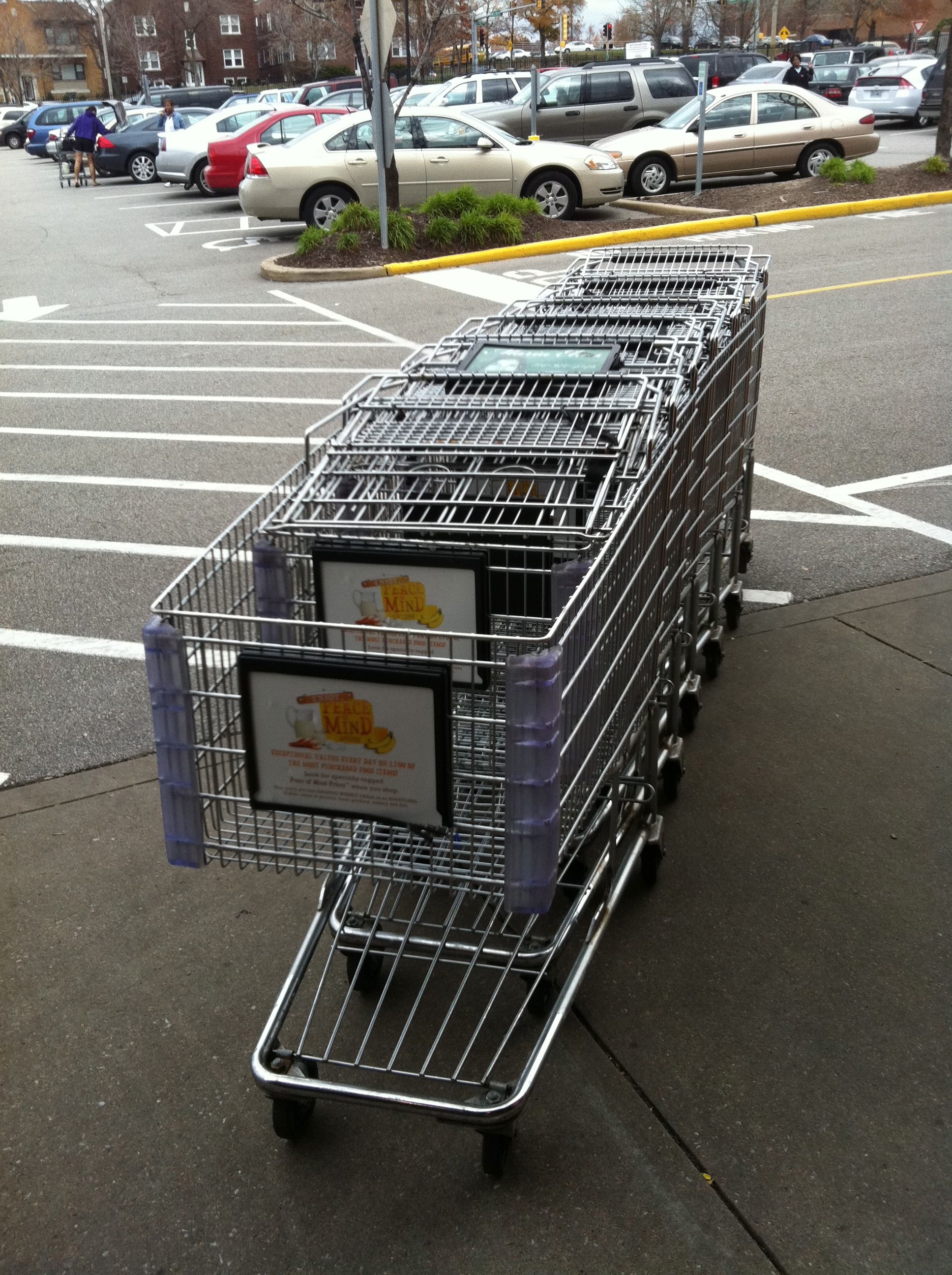
“Thank You for this food,” says my father-in-law when he prays over our family dinner table. “And bless the hands that prepared it.”
Today as I sit down to a simple lunch of tomato soup and tuna melt, I think of the hands that prepared it.
Of course there are the farmers and ranchers. Vegetable growers and harvesters of the tomatoes for the soup and the cucumbers for the relish.
Dairy farmers whose cows produce the milk I stir into my soup and the cheese that makes my tuna melt. Poultry farmers whose chickens lay eggs for the mayo.
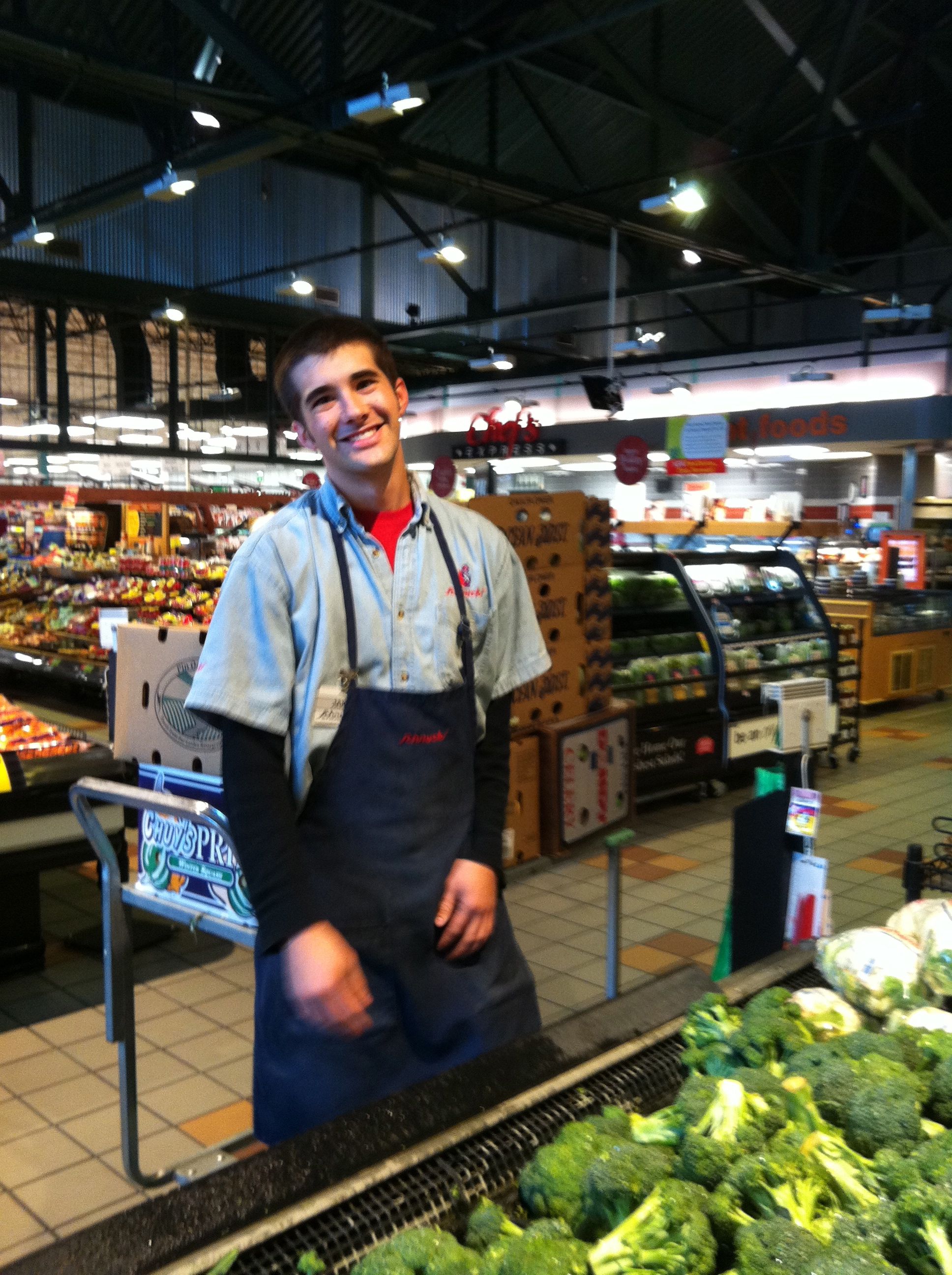
Wheat growers who give us grain for bread. Fishermen who harvest albacore on the open seas.
It would be enough to stop there in the bread baskets, victory gardens and teeming waters of our world. But that would only be part of the story.
Equipment, machinery, tires, and fuel run modern farms. Veterinarians and animal health products shield livestock from disease.
Inputs like fertilizer boost plant health and production in our cropland. And yes, there are chemicals to keep our food from being infested by insects, ravaged by disease, or starved out by weeds.
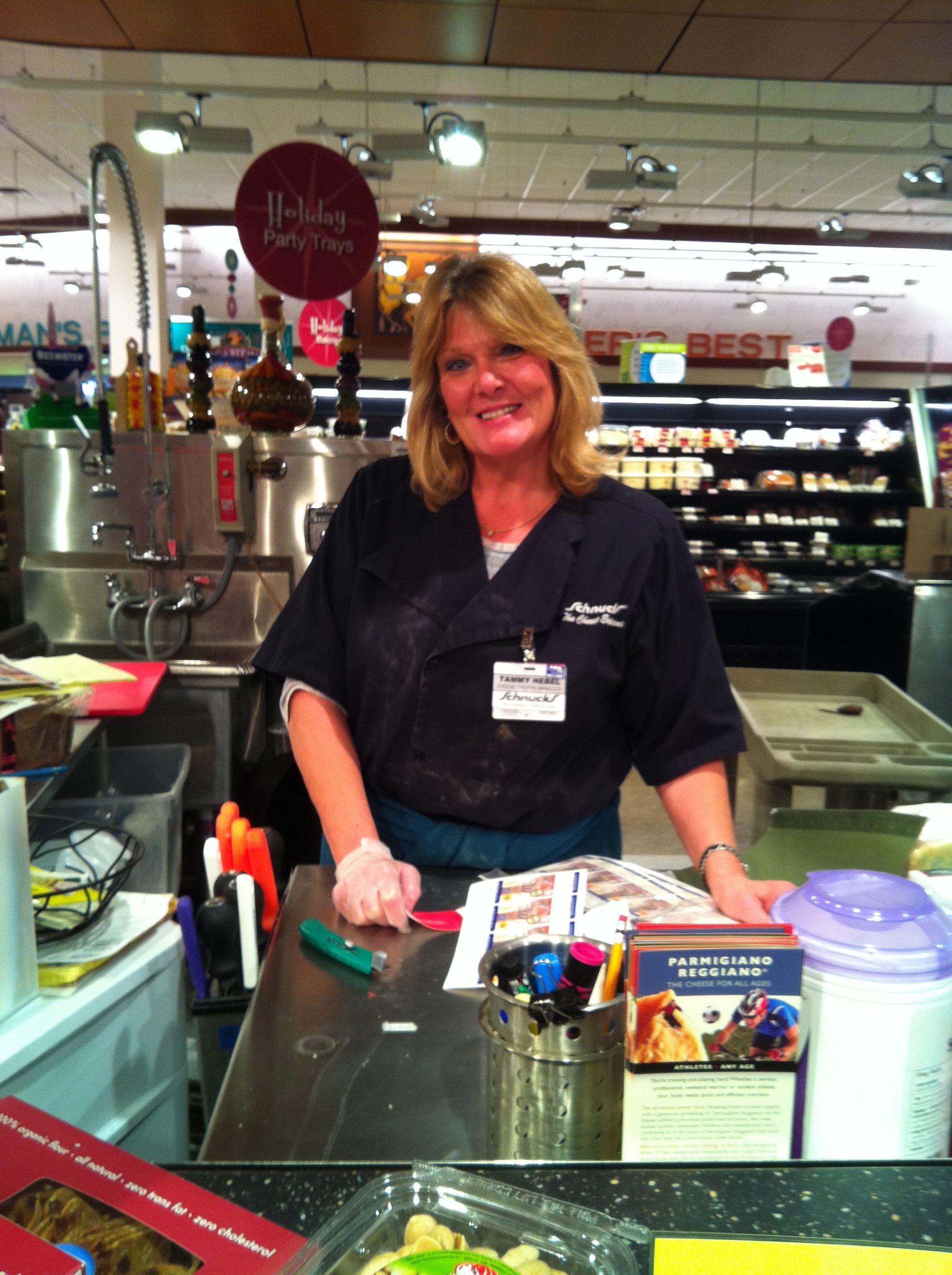
There are ecologists and extension agents to watch over natural resources. Agronomists, biologists, chemists, soil specialists and a host of other scientists to improve and develop technologies.
Bankers, accountants, and lawyers are involved. Marketers too. Farming and food production are expensive ventures.
There are processing companies like the one that canned my soup. Planes, trains and big rigs with 18 wheels to transport the food to my town.
There are farmers’ markets and grocery stores. On-premise butchers, bakers, and chefs. People to work the checkouts, collect carts, or clean up on aisle seven.
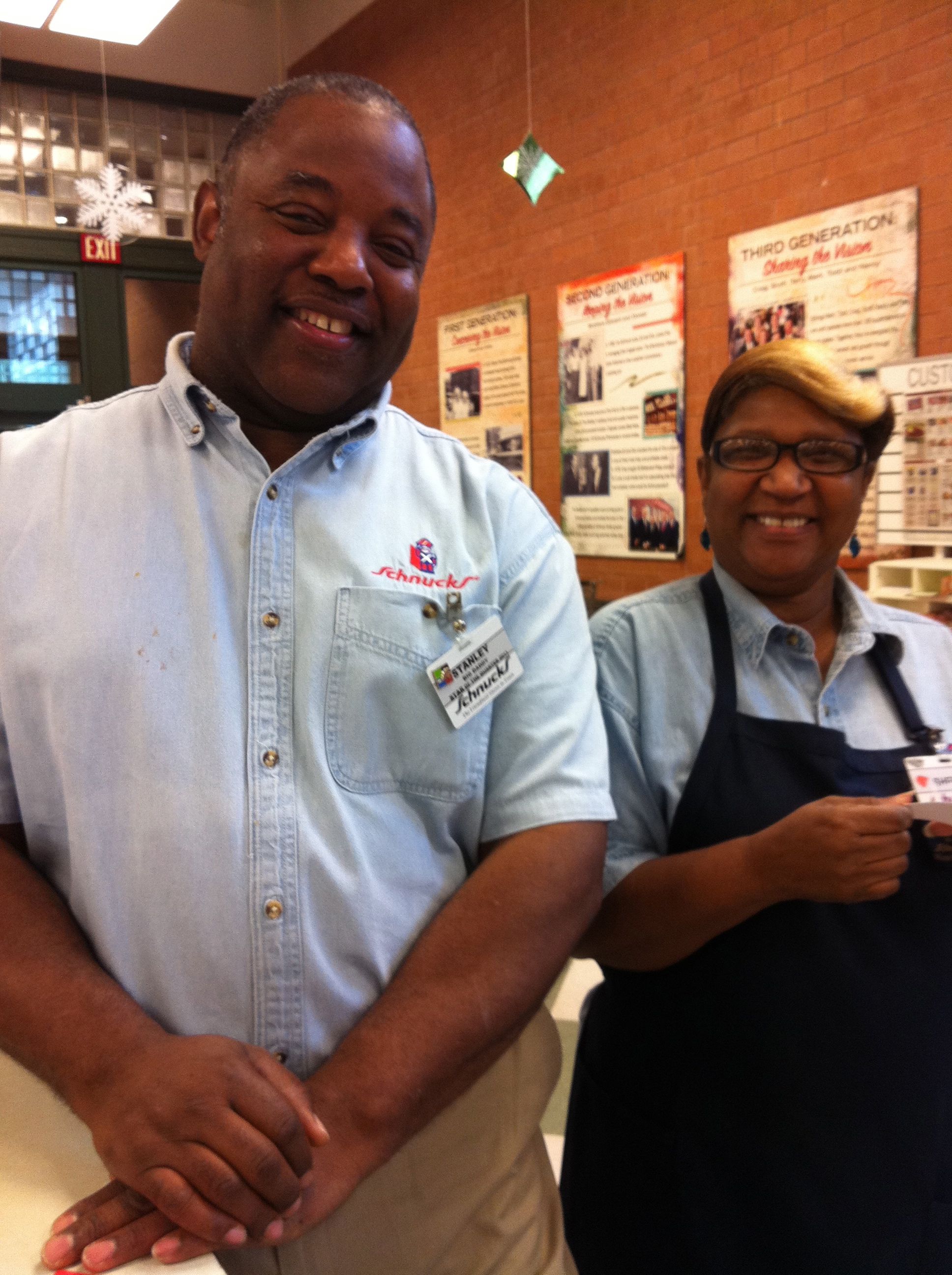
Managers to manage it all. Administrators, human resources professionals, and thousands of other employees, plus federal, state and local government agencies.
So many people, so many hands take part in preparing my food and yours. We are free to buy, cook, or order up nearly anything we can imagine to eat.
Food prices have risen a bit lately. Yet last week I spent more money on clothes for my growing child than on groceries to feed him.
This is the state of food in America. The abundant, affordable state of food.
The pilgrims would fall to their knees if they could see it now. We’d do well to take their lead.
The eyes of all look to You in hope;
You give them their food as they need it.
When You open Your hand,
You satisfy the hunger and thirst of every living thing. Psalm 145:15-16 NLT
Thanksgiving Song by Mary Chapin Carpenter.
A special thank you to the friendly folks at the Richmond Center and Ladue Schnucks grocery stores for lending their smiles to this post.
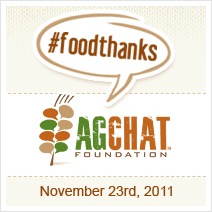 #foodthanks
#foodthanks
This post is part of FoodThanks, a forum sponsored by AgChat where people can give thanks for those who produce our food. To read more perspectives or to link up your own, go to AgChat.com or click on the #foodthanks button here.

One of the things we grow is wheat.
Try taking some kernels and turning them into bread.
I am so amazed that we our civilization is based on bread. It was not an accident that someone learned to grind it and someone else learned that yeast was a great addition.
It is funny. I have been thinking this exact same thing.
Great minds think alike :). Why don’t you write it, post it on your site, then link it to the AgChat #foodthanks linky thingy? Anyone can participate.
What a great #foodthanks! An old boss I used to work with called many of the jobs you mention above “thankless jobs.” Those “thankless jobs” are jobs that we couldn’t make it a day without, but we rarely “thank” the people who are doing them. Many times, we just expect it to be done. Kind of like the person who takes your money at a toll booth. We just expect them to be there to take our money. Anyway, kind of off subject but the point is we all have a part in making this world go ’round and it never hurts to give a thanks-or a #foodthanks- now and again :)
True, Jodi. I’m not sure we’re aware of how much of a production it is to make food available and affordable to the masses. It’s close to a miracle really. Not only do we depend on all these hands for our food, but they depend on each other and on us in a way. We’re all in this together.
We shop at the same grocery! ;) Thanks for reminding me that there are so many people with real faces in the chain!
You’re welcome! The Schnucks people were so kind to let me photograph their radiant faces.
Amen. Working in the hospitality industry, I see it every day: the delivery trucks dropping off our orders, the host of different farms and ranches that grow the produce we use, the hard work of everyone in our kitchen, the servers producing the complete plates to the guests… And living in one of the greatest ag lands of the world, almost all our produce comes from local growers.
On a side note: CSAs. It stands for Community-Supported Agriculture – I’m not sure if you have them in the St. Louis area, you may have them around Wichita though! It’s a great way to support small family farms: you pay a flat weekly/biweekly/monthly price, and they send you fresh, usually organic, locally grown produce, whatever is in season – sometimes you can even order what you want! They even drop it off at your doorstep or your office. Here in Fresno $30 gets you 10 “units” – one unit being 2 pounds of potatoes, 1/3 pound of salad greens, or a pound of tomatoes, etc. Plus of course the added surprise of “what will come in the bag this week?”
Wonderful. Thanks, CN. Amazed and humbled by all the choices we have not only for our food but also for how we get our food. Glad you mentioned the hospitality industry, too. They are a huge part of the “hands that prepared it.”
Am actively putting together meat CSA that could stretch to St.Louis…same idea but more personal. Many hands involved in our food production and behind the scenes. Excellent post – thank you!
SlowMoneyFarm, I just viewed your vlog at http://slowmoneyfarm.wordpress.com/2011/11/14/thank-a-farmer-2011-2/. Excellent.
We’re moving to Wichita next month. Wondering if your CSA could stretch there too?
Aimee – as a regular offering it’d be tough to do *but* we do have a way! As it happens, the 2012 national rabbit show is in Wichita. We could definitely bring a ‘stock up’ share, custom raised, at that time.
Interesting. Would love to come to a rabbit show. We had rabbits as pets growing up. I’ve never eaten one, except for a taste off my husband’s plate once at Michael Chiarello’s restaurant in Napa.